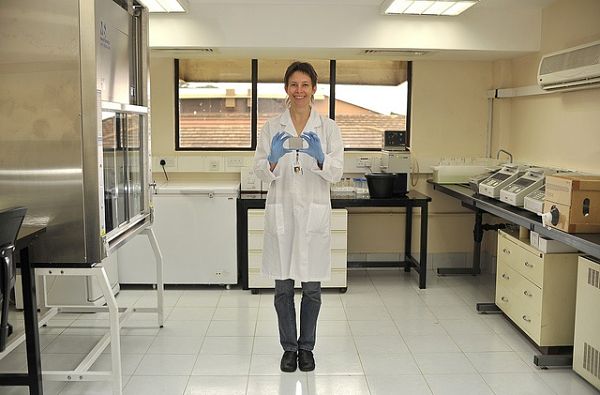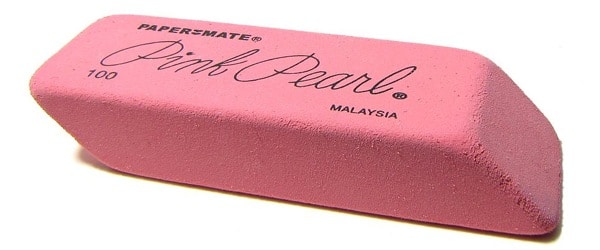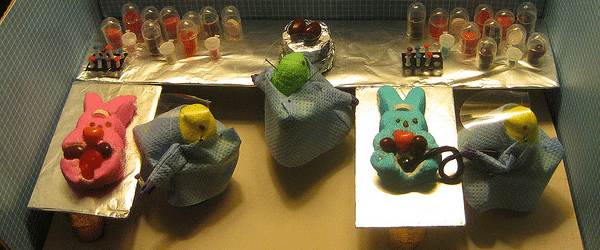In a recent article, I gave some tips about how to obtain good results with sequencing DNA after bisulfite conversion (it contains some tips that apply to the approach described in this article, too). Bisulfite sequencing is a very useful technique if you want to know the methylation status of every CpG in your genomic locus of choice. If you include a subcloning step, you can even get information about individual cells, and thus single DNA molecules. While very interesting, this technique is also quite expensive and not always necessary.
It could be that you are only interested in methylation of a few specific CpGs, or that you expect a high degree of methylation on most CpGs in a certain region, without having an interest in the precise distribution or extent of CpG methylation. If this is the case, then a quick screening for methylation, without subsequent sequencing, can be done by performing methylation-specific PCR on bisulfite-converted DNA.
Primer design
For methylation-specific PCR you include CpGs in the primer sequences. That means you have to choose whether you want to amplify methylated or unmethylated molecules. The whole point of screening is that you don’t know the outcome in advance, so you should design primer sets for both the methylated and the unmethylated sequence and run these PCR reactions in parallel. Obtaining a product in only one of the PCR reactions, or in both, tells you whether your locus was unmethylated, methylated or a mixture.
Keep in mind that this method assumes that all CpGs will behave similarly in both your primer locations.
Strand-specific
Recognize that after bisulfite conversion, the two strands in your template DNA are no longer complementary.
This means that you have to decide which of the two original template strands you want to study. In one of my studies, one strand was subject to more epigenetic modifications, so we chose this strand to be the target of our CpG methylation analysis.
Controls
As always, choosing the right controls is very important, as well as informative. In parallel to your converted methylated and unmethylated PCRs, you could add a reaction with primers for unconverted DNA as a negative control, to check whether bisulfite conversion worked well. Also make sure that your primers for converted DNA cannot amplify genomic DNA. I’d strongly suggest writing down every step as you design your primers – it’s easy to get confused!
You could also perform PCR on a known methylated genomic region, which should give a product with only one of your primer sets. If you work on cells, you could treat the cells with a methylating agent, which allows you to add a control PCR with the advantage that you can use the same primers as for you actual screen.
PCR conditions
Depending on your genomic region of interest, you might have to tweak the PCR program quite a bit to obtain specific results. Next to obvious changes in annealing temperature and MgCl2 concentration, you can try adding glycerol, DMSO or betaine. Also, extending annealing and elongation times can facilitate this often rather inefficient PCR.
Just as for bisulfite sequencing, taking a semi-nested approach might be necessary.
If you notice that your screening approach doesn’t give you a clear black-and-white picture, it might be informative to invest in bisulfite sequencing, as cells don’t all behave in the same way. This might yield some interesting results.
What are your tips for methylation-specific PCR?






